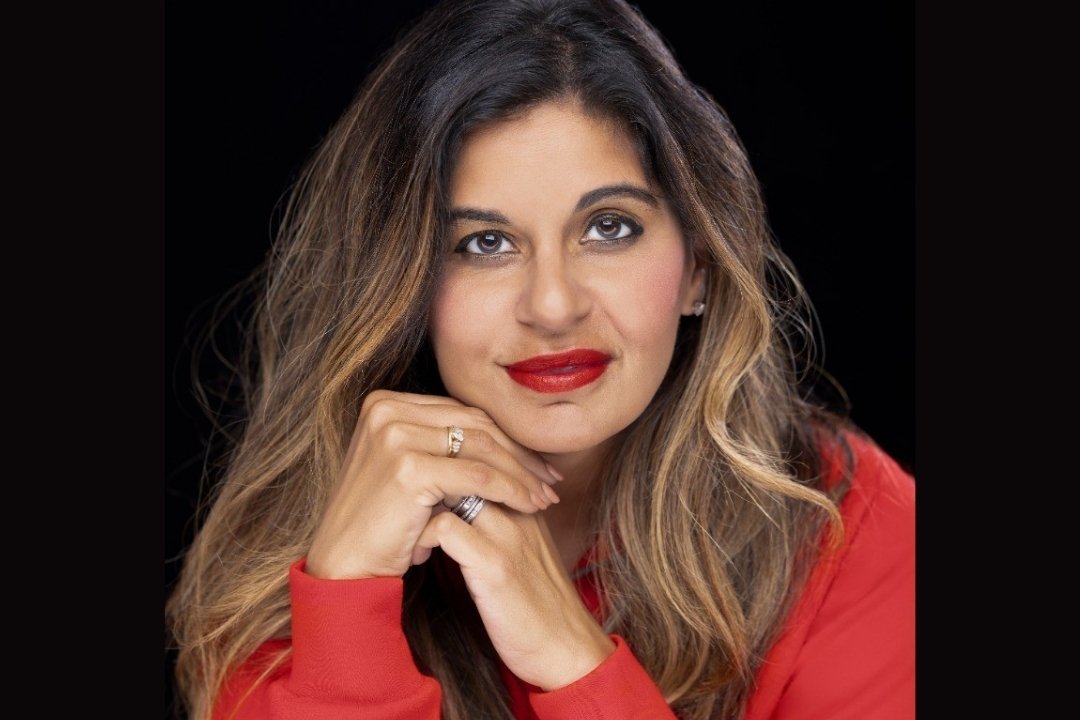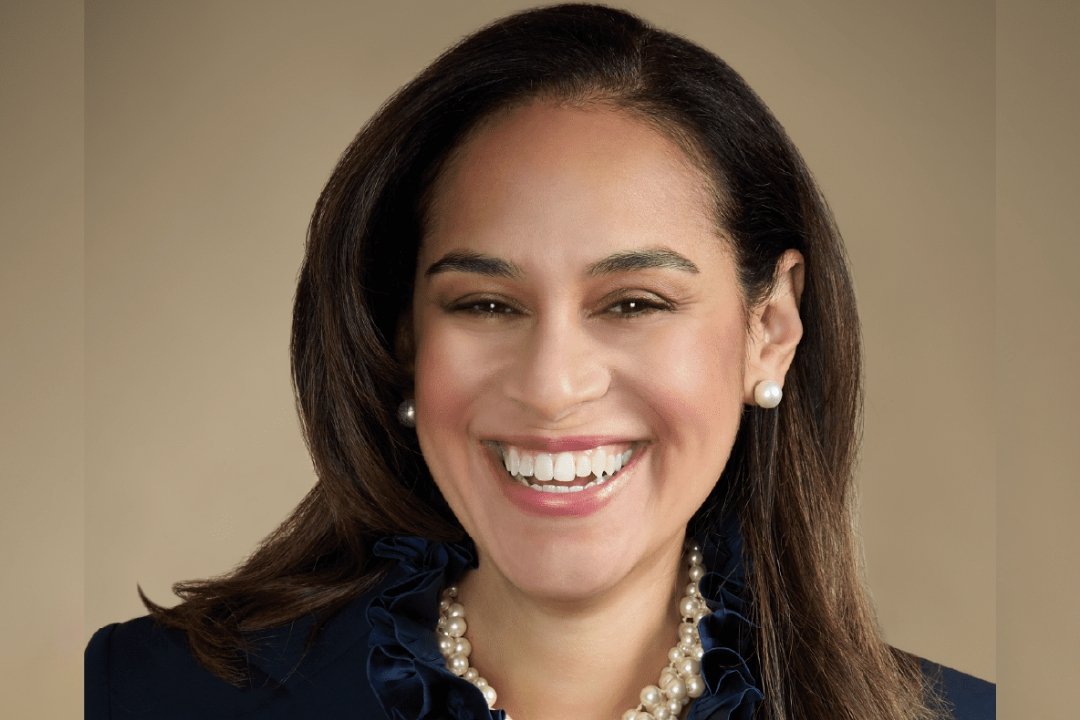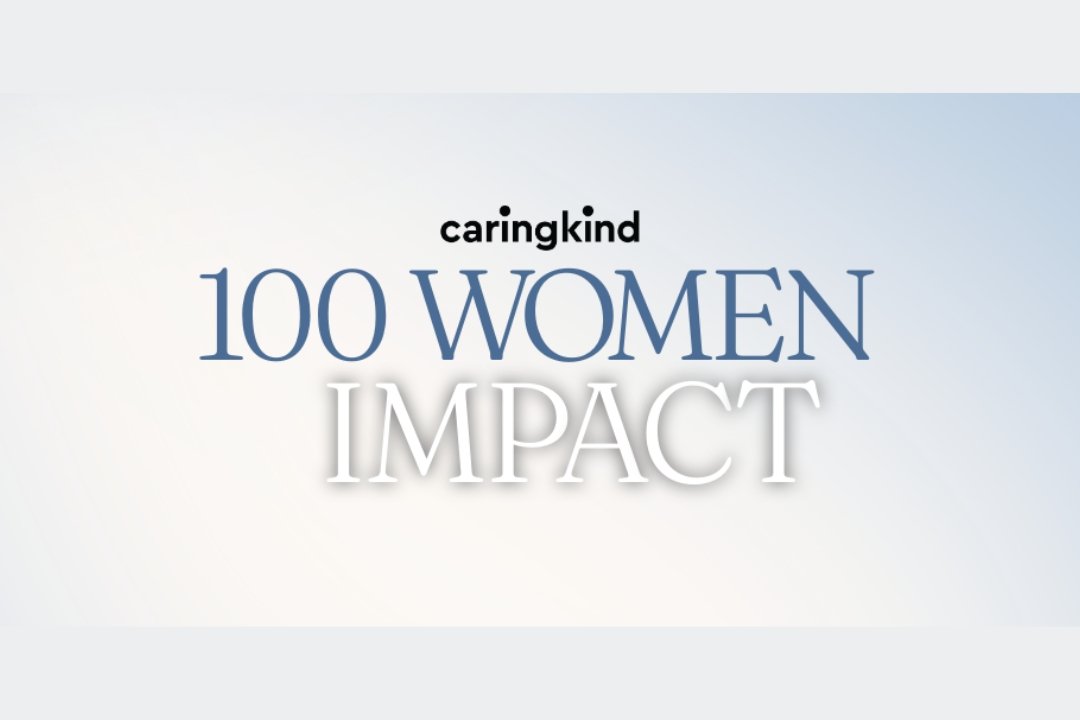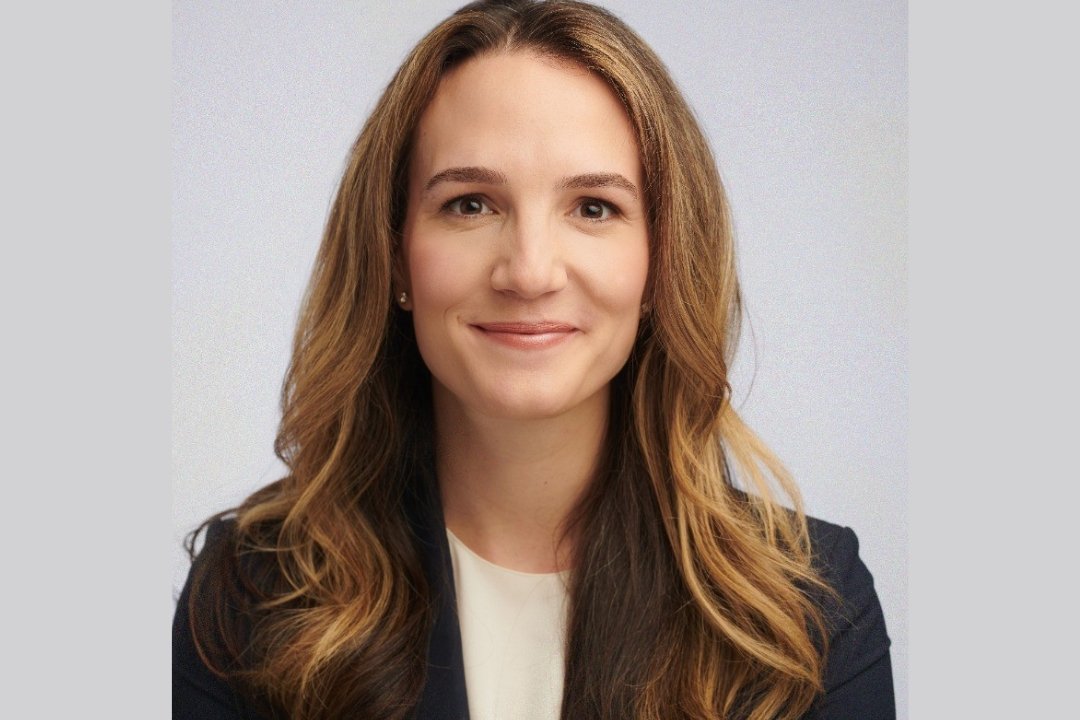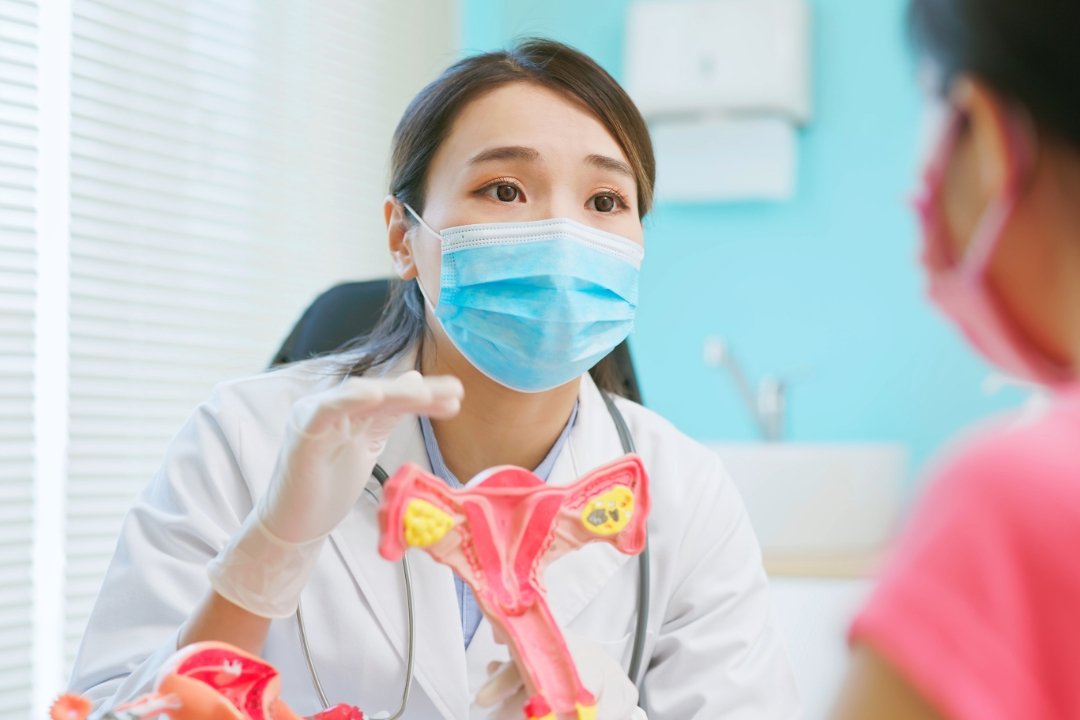The inaugural GCC Menopause Summit, held in honor of World Menopause Day, brought together over 350 delegates at the stunning Museum of the Future. This event united healthcare specialists and regional industry leaders to discuss a topic that has often been shrouded in stigma: menopause.
Founders of the summit included notable figures such as Sharon James, a women’s wellness coach and menopause educator; Katy Holmes, CEO of the British Chamber of Commerce Dubai; Sophie Smith, Founder/CEO of Nabta Health; and Dr. Harmeek Singh, Founder of Plan and Chairman of the Women’s Run. Together, they forged a vital platform for dialogue and support around menopause, marking a significant step forward in breaking the silence surrounding this natural phase of life.
The opening panel set a thoughtful tone, delving into the mental, physical, and emotional effects of menopause. Speakers shared insights on various treatment options, emphasizing the importance of individualized approaches. Discussions included the roles of diet, exercise, nutraceuticals, and sleep, with panelists candidly sharing their personal journeys and solutions, reinforcing that what works for one person may not work for another.
A significant focus was placed on workplace dynamics. Leah Cotterill from Cigna Healthcare MEA presented compelling survey findings indicating that eight out of ten menopausal women feel unsupported at work. Alarmingly, one in ten have left their jobs due to symptoms. During a session titled “Hot Flashes, Cool Careers,” panelists—including Cheryl Thornton from the CIPD Middle East Advisory Board—discussed how simple policy adjustments could greatly enhance workplace support. Barry Harwood of Harwood Partners highlighted the need for visible male allies to prevent the loss of talent as capable women exit the workforce.
The summit concluded with an inspiring keynote by Her Excellency Mubaraka Ibrahim, Chief AI Officer at Emirates Health Services UAE. She emphasized the transformative potential of artificial intelligence in improving care for menopausal women, from symptom tracking to personalized treatment options. The event wrapped up with a panel discussion that examined the similarities and differences between andropause and menopause, adding another layer to the conversation.



